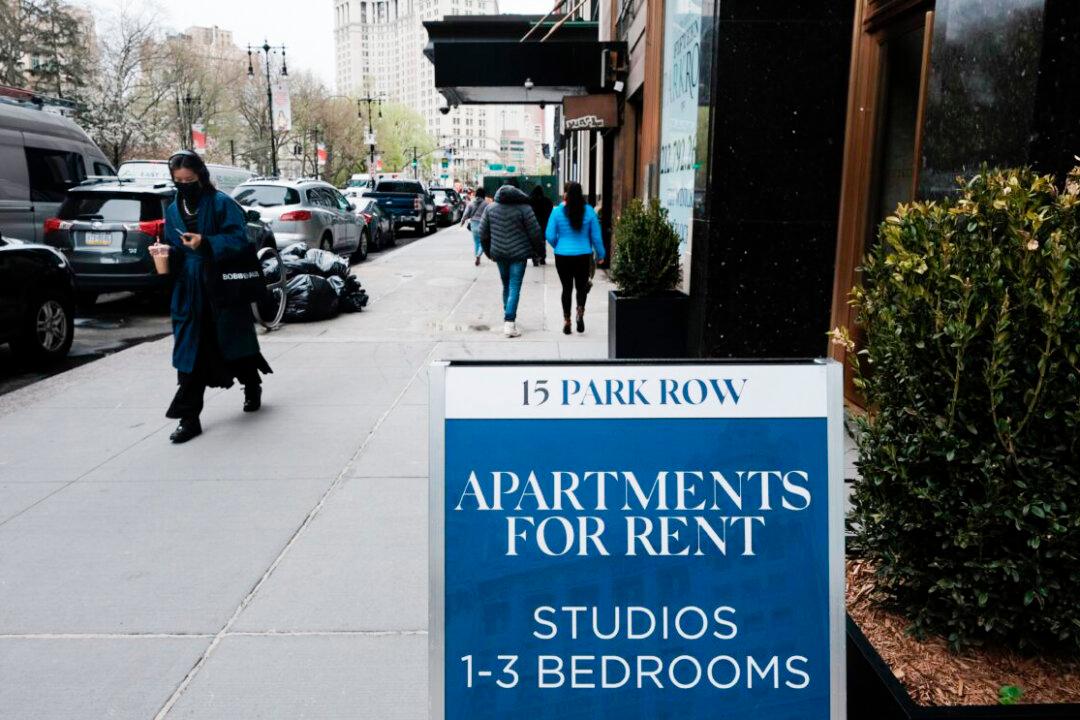Maria Thomas and Tabor Loynd are among the millions of young Americans who question if they will ever be able to buy a home. Thomas, 29, is currently renting an apartment in the Bronx, New York, and Loynd, 23, lives in Yarmouth, Cape Cod, Massachusetts. Both are working full-time jobs and trying to save as much as they can, but they may or may not plan to become homeowners any time soon.
Their stories are not surprising, as mortgage interest rates rise and home prices remain out of reach for many. Nationwide, the share of first-time home buyers dropped to a record low of just 26 percent–down from 34 percent last year and a peak of 50 percent in 2010.





